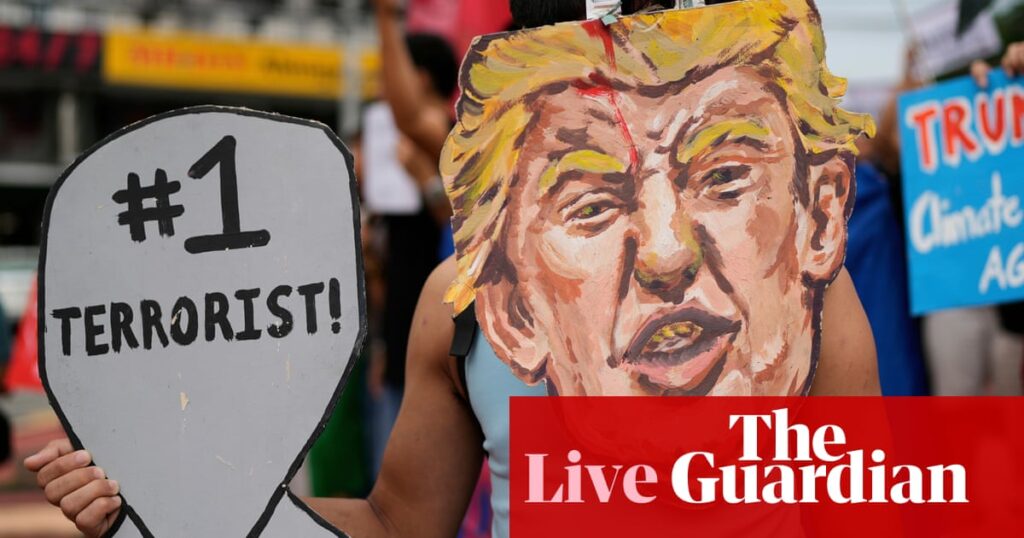
MOSCOW – In a critical diplomatic move, Iranian Foreign Minister Abbas Araqchi has arrived in Moscow to engage in high-level discussions with Russian President Vladimir Putin. The talks come amid escalating tensions following recent military strikes involving the United States and Israel against Iran.
Breaking: Tensions Rise in the Middle East
The Iranian parliament’s decision to potentially shut down the strategic Strait of Hormuz has sparked fears of a global economic ripple effect. This move is seen as retaliation for U.S. military actions, which followed Israel’s strikes on Iranian nuclear facilities. The Strait of Hormuz is a vital passageway for global oil shipments, and its closure could lead to a significant increase in oil prices.
20% of the world’s oil consumption passes through the Strait of Hormuz, highlighting its critical importance to global energy markets.
Immediate Impact on Global Oil Markets
Oil prices have already seen a sharp increase, with Brent crude rising by over 10% since mid-June. The market’s response to the geopolitical tensions is being closely monitored, with analysts predicting further volatility. As of Sunday night, Brent crude was trading at approximately $78.83 per barrel.
Analysts predict an additional $5 spike in oil prices if the Strait of Hormuz is closed, exacerbating global economic concerns.
Key Details Emerge from Israeli-Iranian Conflict
In response to the heightened tensions, the Israeli military has issued warnings and instructed citizens to seek shelter following missile threats from Iran. The situation remains fluid, with no immediate reports of casualties from these warnings.
Regional Implications and International Reactions
New Zealand and France have initiated evacuation plans for their citizens in the region. New Zealand’s foreign affairs minister expressed deep concern for the safety of nationals in Iran and Israel, while France has deployed military aircraft to assist in evacuations.
The United Nations has called for restraint, with Secretary-General António Guterres cautioning against further military escalation. The International Atomic Energy Agency has echoed these sentiments, urging a return to diplomatic dialogue.
Expert Analysis on the Situation
Experts warn that the current trajectory could lead to significant instability in the Middle East. Russian officials have condemned the U.S. actions, drawing parallels to past conflicts and emphasizing the potential for widespread humanitarian impact.
“History has taught our US colleagues nothing,” stated Russia’s UN ambassador Vassily Nebenzia, referencing past military interventions.
What Comes Next
The international community is on high alert as the situation develops. The potential closure of the Strait of Hormuz remains a focal point, with global markets and diplomatic channels closely monitoring the unfolding events. The outcome of Araqchi’s talks with Putin could significantly influence the next steps in this complex geopolitical landscape.
The world watches as these high-stakes discussions unfold, with hopes that diplomacy will prevail over further military escalation.






